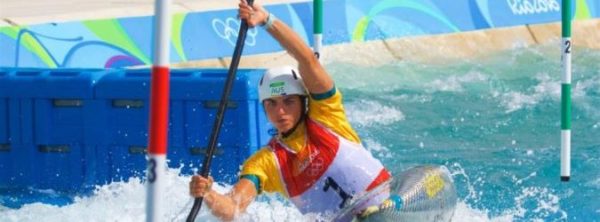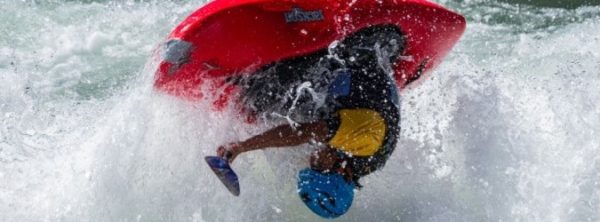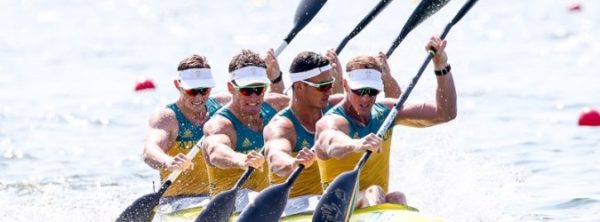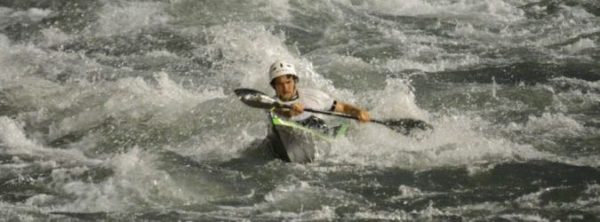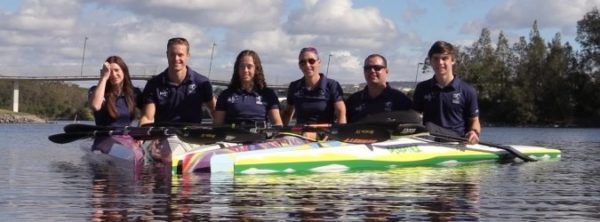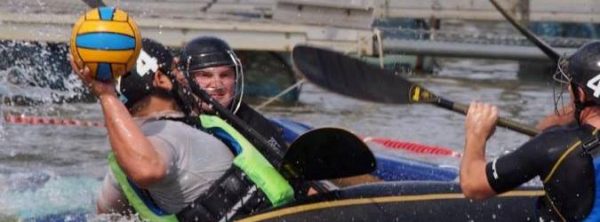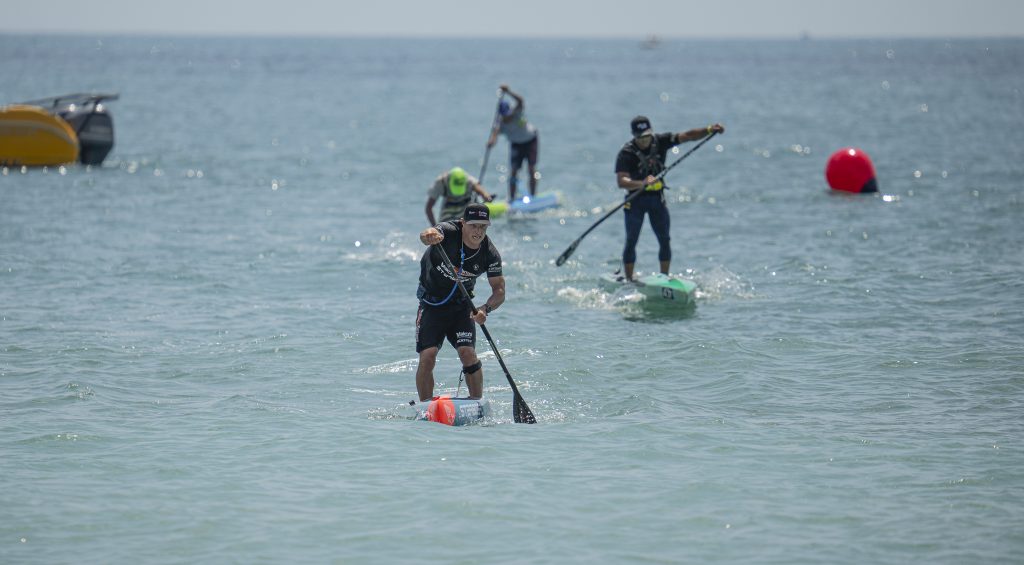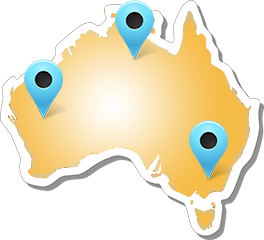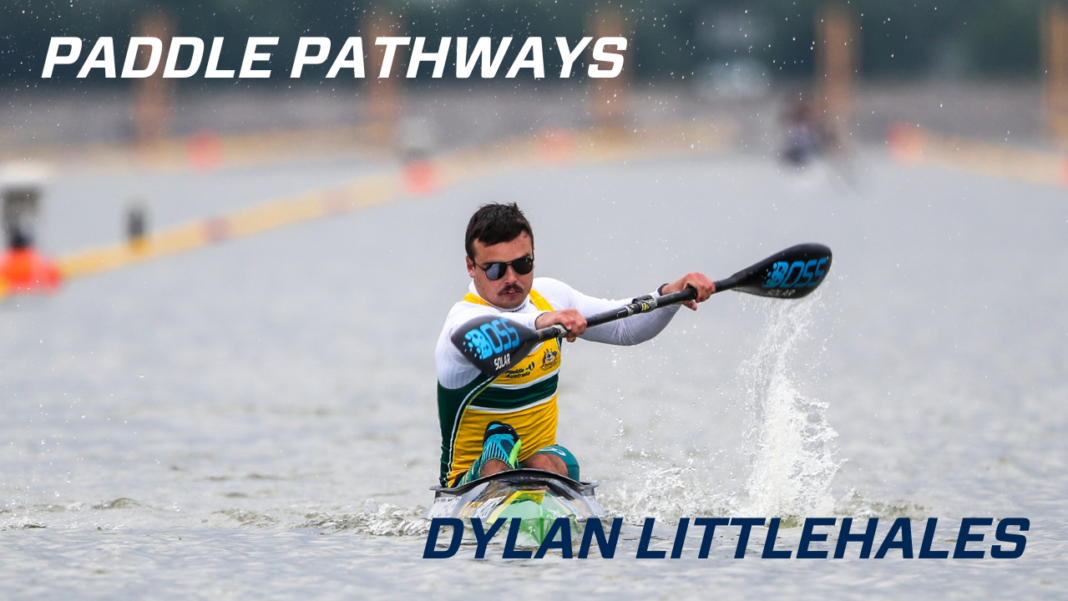Dylan Littlehales was watching swimming at the London 2012 Paralympics when it sparked his ambition to become a Paralympian.
He wasn’t yet a teenager, and paracanoe wasn’t even officially a Paralympic sport.
But in the space of just four years, Littlehales switched from swimming to paddle, established himself in the national squad, and made his Paralympic debut as a 16-year-old at the Rio 2016 Paralympics.
Now, still only 23, he’s aiming for an incredible third Paralympic Games at Paris 2024.
“Being a Paralympian three times, especially at 24 years of age, is something I’d be extremely proud of, being able to put on the green and gold again,” Littlehales says ahead of Paralympic qualifying.
“I just made Rio [2016], had the heartbreak of Tokyo [2020], and now we’re looking forward to Paris. It’s come around quick, but hopefully we can have a good ending.”
Littlehales doesn’t skip over it, that heartbreak he experienced in Tokyo. In part, it’s driving his ambition towards Paris 2024.
Littlehales won his semi-final to progress to the final of the men’s KL3 200m in Tokyo. His semi-final time would have been good enough for Paralympic gold. Instead, he finished fourth in the final, just off the podium.
Rather than be drawn back by that disappointment, the NSW Institute of Sport paddler has continued to charge ahead.
Littlehales won his first international medal by claiming bronze at the 2022 ICF Canoe Sprint World Championships, and he began the 2023 World Cup season by snaring silver at the opening event in Szeged, Hungary, his favourite racing venue in the world.
In his words, the pre-Paralympic year is always “cut-throat”. The first chance for countries to secure Olympic spots will be at the World Championships in Duisburg, Germany, in late August.
“Then, luckily, after that we get to fly off to Paris for a test event at the new Olympic venue,” Littlehales says. “So that’s going to be incredible to see.”
Before he became a pioneer in paracanoe for Australia, Littlehales wanted to be a Paralympic swimmer.
He was born missing crucial ligaments and bones in his right leg, enduring more than 20 operations during his youth to improve mobility. Swimming was his strength.
“Growing up, I was watching the London Games, always dreaming of going to the [Paralympic] Games to be a swimmer,” Littlehales says.
“Eventually I jumped into Paracanoe with my uncle [Mike Druce] as a head coach of slalom. Doing a little bit of that growing up, it seemed like a natural move coming into Rio when it got announced as a Paralympic sport. Since then, it’s just kept progressing.”
Littlehales is now one of the senior members of the Australian Paralympic team, a far cry from the teenager who made his Paralympic debut in Rio.
Having grown up in national teams with leaders like Curtis McGrath and Susan Seipel, Littlehales wants to continue growing the paracanoe community and Paralympic movement too.
“In Rio and Tokyo, we had a pretty similar team, we sort of had that first generation of athletes coming into paracanoe, where now some are starting to retire and we’re bringing new people into the sport as it grows,” he says.
“[The Paralympic Movement] has become more mainstream and we’re having more great mentors and people to look up to within the disabled community. You’ve got Curtis McGrath in paddle, you’ve got [2022 Australian of the Year] Dylan Alcott; all these people advocating for these rights. As I’ve progressed through my life, it’s just become more and more a goal of mine.”
Littlehales is grateful for all that have supported him, in life and sport. He wants to carry on representing his family and Australian Paralympic community.
“I spent a large portion of my childhood in hospital … I didn’t spend a night alone either. There was always somebody with me through all of that,” Littlehales says of his family’s support.
“Then as I’ve progressed through my life, there’s been countless coaches, friends, support staff and fellow athletes that have got me to where I am at the moment. So, hopefully we can progress into Paris and see what we can do.”






